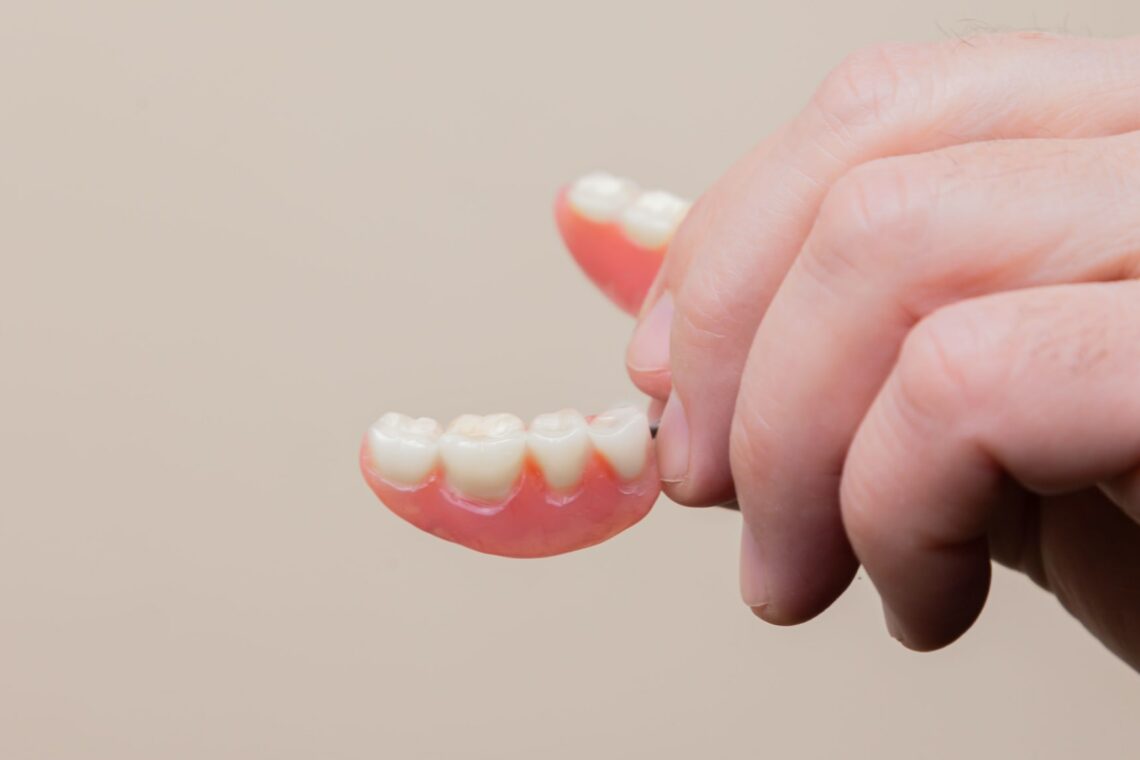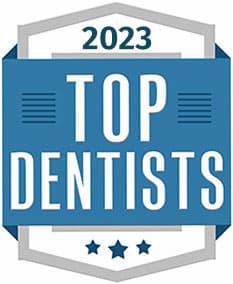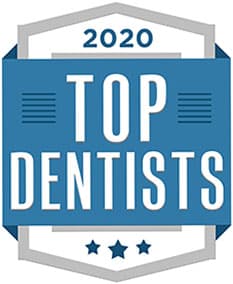While a lot of dental work focuses on repair to the teeth, sometimes teeth need to be removed (or teeth are congenitally missing). When we think of dentures, we tend to imagine a full set of fake teeth at the side of grandma’s bed. But the fact is, dentures come in many forms, and the term is often used for any false tooth. Read on to learn more about different types of dentures:
Dental Bridge (Fixed-Partial Denture)
If you are only missing one tooth, many dentists will recommend a dental bridge for a safe and long-lasting option. Dental bridges are very common for teeth near the front of your mouth—the main potential downside is that it requires the teeth on either side of the gap to be prepared for the crowns that hold the false tooth in place.
Dental Implants
Dental implants involve more of a commitment, with multiple surgeries typically involved, but each implant holds a separate crown. This makes upkeep easy—because the false tooth isn’t fused to any other teeth like in a bridge, you can floss like normal. In addition, they are long lasting and don’t require grinding down any other teeth.
Full dentures
If there is extensive damage to the teeth, full dentures may be the best option. An upside of full dentures is that it can prevent ongoing painful and expensive dental treatments when dental disease is advanced. Full dentures do require careful fitting to avoid sores and discomfort, and regular maintenance to ensure that they are safe.
Partial dentures
If you are missing multiple teeth in one area of your mouth, partial dentures are a good alternative to a large bridge or to multiple dental implants. A partial denture may replace the molars on one or both side of the jaw, helping to maintain a healthy bite.
Implant-Supported Dentures (Overdentures)
A newer treatment option for partial or full dentures are implant supports. A few posts are implanted in the jaw, and the denture is affixed to the implants. This sort of denture is comfortable and secure, making it an excellent option for people who need replacements for multiple teeth.
Whether you are missing a tooth or teeth from accident, injury, or dental disease, you may need to consider dentures to help keep your jaw and any remaining teeth healthy. Want to learn more about which options are best for you? Contact us for an appointment!






